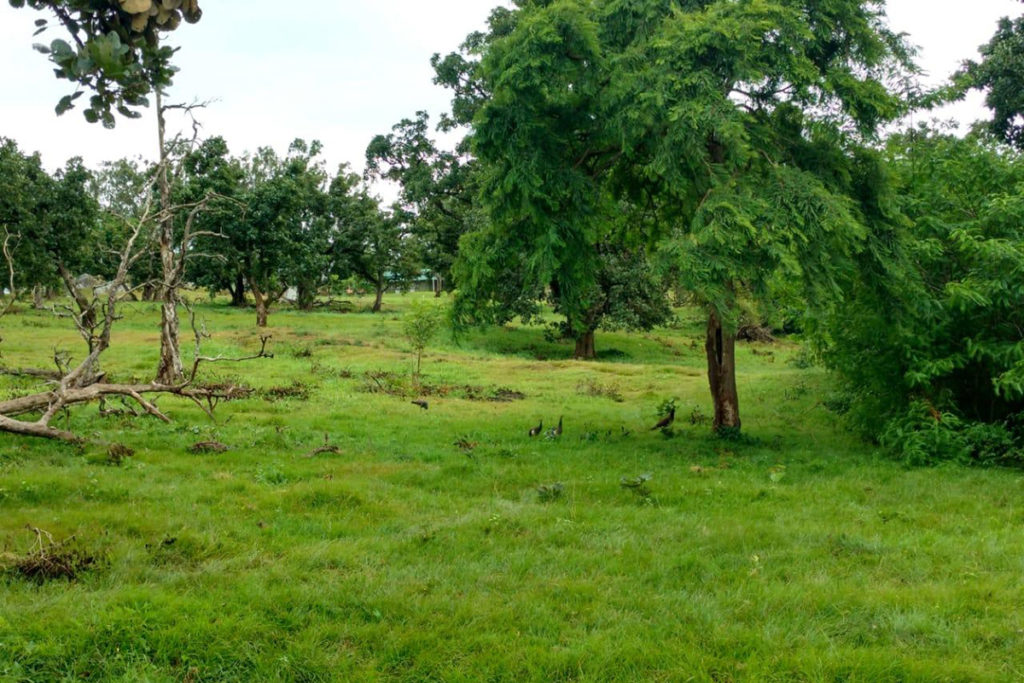Green Minute News
The Indian Forest Act, 1927 is up for major amendments and environmentalists and forest experts have raised serious concerns on the NDA government’s efforts to bring in changes that may open up our forests to encroachments, mining, linear developments and other commercial purposes.
The last date for filing of public objections for this major legislation is August 7 and only a few states have brought this matter to the public domain, preferring to ignore the legislation that may bring in wide ranging changes to the forest act.
Raising serious objections to the amendments, activists and environmentalists say that they are detrimental to the conservation of our forests if the Indian Forest Act Amendment 2019 is approved in the present format. They have urged the Ministry of Environment and Forests to bring in a series of changes which in the first place includes the ‘definition of forest produce’.

The government has try to redefine the definition of forest produce by including bamboo, soil, sand, rock, humus, etc which will makes extraction possible and very easy under Forest Rights Act for supply to unregulated markets/private companies. The extraction of these key elements will lead to massive degradation of forests and biodiversity since a number of plants and animals depend on them for their survival and regeneration.
Further, the “owner” in relation to a forest produce now includes a ‘mortgage in possession’, lessee or other person having right to the possession and enjoyment of the usufruct (right to use another’s property). By adding mortgage in possession and lessee, more of non-tribal people are given ownership of forest land which will lead to disintegration of forests.
Another amendment that will give power to any corporate or NGO to have better access to forest land is S4(A) (21) wherein a “person” includes a forest dwelling community or any organization registered under the prevalent laws. Added to this, the proposed amendment gives a fillip to mining in forest areas – bylevying a cess on mining inside forests. This will open up additional room for bureaucratic corruption and unregulated diversion of forest land for mining.

Further, declaring conservation area for carbon sequestration has the potential to divert natural forests for monoculture plantations. This in fact, should be replaced with a provision for restoring degraded forest areas using low-cost and passive methods (Assisted Natural Regeneration) so that bio diverse vegetation improves and carbon sequestration is accelerated.
A disturbing feature of the amendment that has to be completely removed is ‘de-reserve protected forests’ so that forest land is not diverted for non-forestry purposes like mining, timber extraction, plantation, tourism etc.
Further, the concept of production forests inside existing reserve forest/ PA is meant only for commercial purposes. This will lead to monoculturing or limited-species forests comprising fast growing species of commercial interest. They add, “We have seen detrimental impacts of teak and mahogany monocultures on forest land. These monocultures have very less food value for wild animals and in most cases; critical animal corridors have been converted into teak or rubber plantations. Research has clearly shown that bio-diverse forests are more effective in providing ecosystem services like water harvesting, so production forests will lead to diminishing of ecosystem services. This should be amended to say that production forests shall be carried out only in non-forest areas e.g. social forestry.”

It looks as if the present government wants to promote industrialization and tourism at the cost of forest and climatic change. Promoting tourism in large private forests in close proximity to existing reserved forests is in fact, perfect recipes for worsening human animal conflicts.
Early this year, the NDA government had proposed an overhaul of the Indian Forest Act, 1927. The colonial-era act was imposed by British rulers to exert autonomy over India’s forests. While re-working this much criticized law is a welcome move, the present amendments proposed by MoEF are extremely worrying and should be discarded, activists add.
Send your Objections
The public can send their objections on Indian Forest (Amendment) Act, 2019 to Chandra Kishore Mishra, Ministry of Environment and Forests, New Delhi before August 7.


Comment here